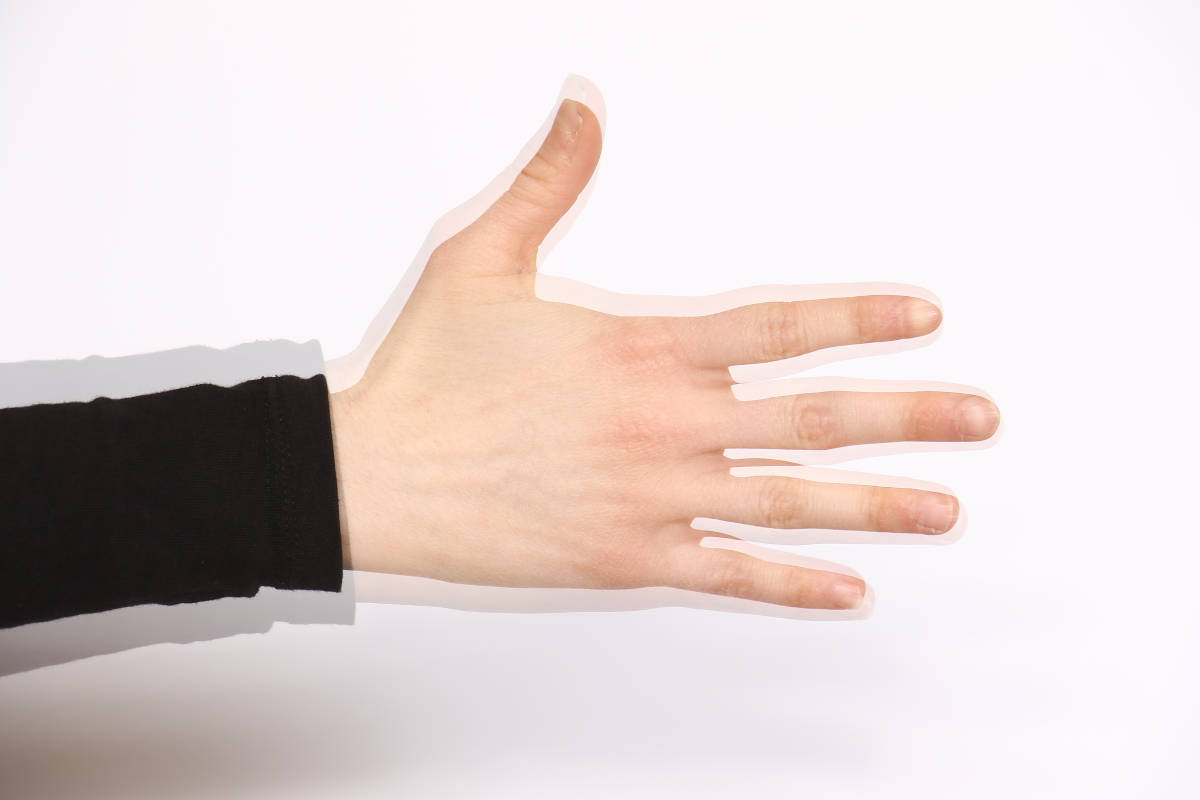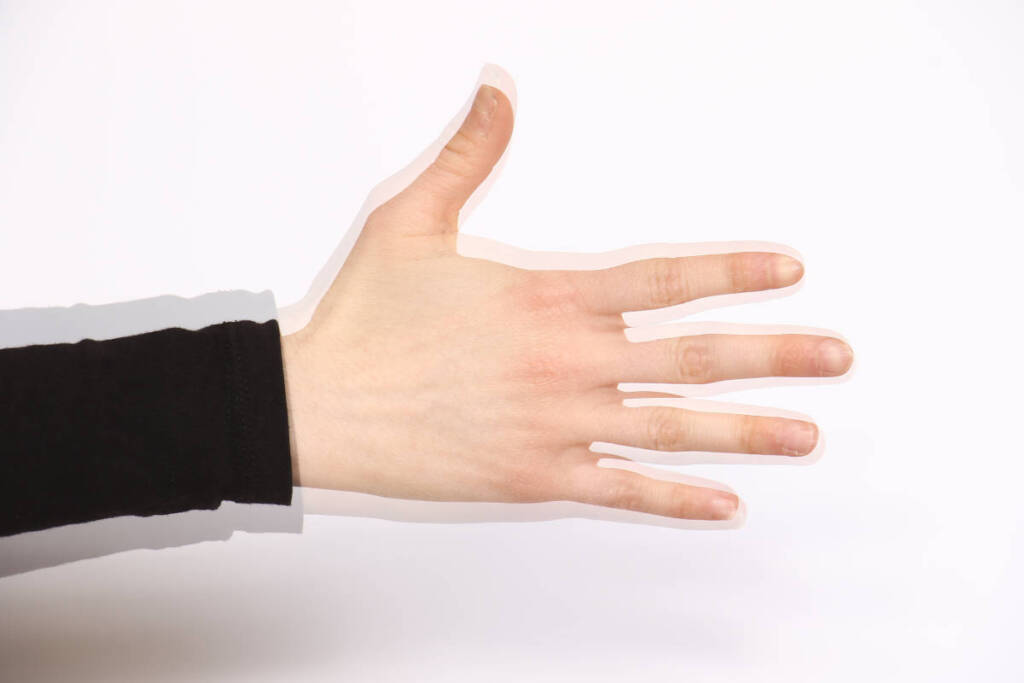Health
Diplopia: what it is and what are the treatments

Diplopia, also known as double vision, is a disease that can occur for a variety of reasons. Let’s find out which are the most important and how to deal with the problem.
Suffering from diplopia means seeing everything as if it were double. The result is a blurred image , not clear and always double. The causes that lead to this disorder are different and can be linked to both the eyes and neurological problems. For this reason, when the way of seeing things changes it is very important to see your doctor right away.
Diplopia: the most common causes
Let’s start by saying that there are two forms of this disorder which are monocular diplopia and binocular diplopia.

The first occurs when you look at things with one eye and therefore depends on an alteration of the eye with double vision.
The second, which is also the most common, occurs when both eyes are open. It can depend on an underlying squint but also on other causes which are:
– Health problems such as multiple sclerosis, stroke, or similar
– Paralysis of the cranial nerves
– Muscle pathologies
– Inflammation of the eyes (often caused by tumors or diseases)
To ascertain the actual cause it is therefore very important to undergo an ophthalmological examination to be followed, if necessary, by further in-depth checks. Only in this way will you be able to understand what type of diplopia you suffer from and find the most suitable remedies to return to seeing in the correct way.
Diplopia: Symptoms and Treatment
Going to the symptoms, the most common are usually blurred vision and in particular double which are also joined by pain , loss of vision, paralysis, tremors, etc …
Obviously, these depend in particular on the type of diplopia and on neurological causes or closely related to one of the two eyes. For diplopia, the treatment therefore always depends on the underlying causes.
To date, among the many possibilities there is that of using special glasses , of operation (in case of strabismus) and of making use of botulinum toxins capable of at least temporarily diverting the ocular deviation.
In all cases, the choice will be made by the doctor who, after a thorough examination, will evaluate both the exact causes of the visual problem and the possible consequences of possible interventions.
Riproduzione riservata © - WT











